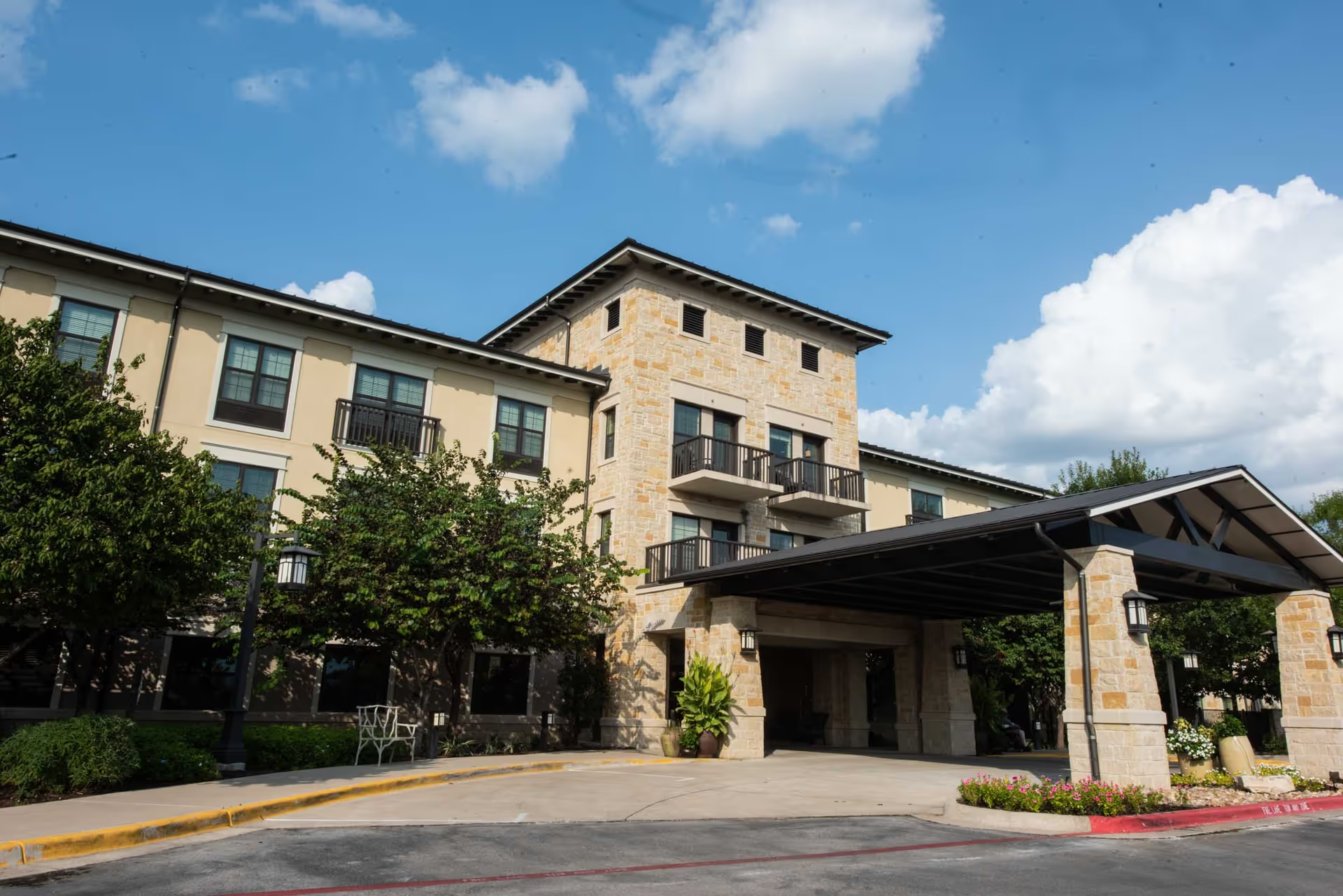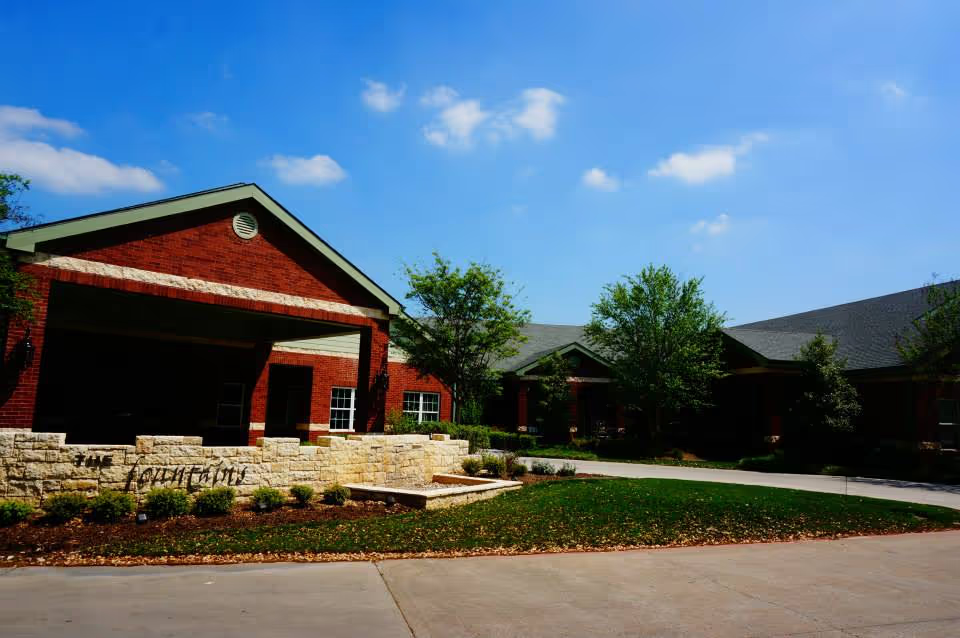Overall sentiment in these reviews is strongly polarized: many families describe The Landing at Stone Oak Memory Care as a compassionate, well-appointed memory care community with engaged staff and a rich activity program, while a substantial portion of reviews report serious care lapses, safety concerns, and inconsistent management. Positive reviews consistently praise the staff's kindness, the community's family-like atmosphere, Montessori-style memory programming, 24/7 nursing availability, secure outdoor spaces, engaging activities, and therapy/rehab offerings. Conversely, negative reviews raise urgent issues including missed or incorrect medications, ignored care plans, poor hygiene and incontinence handling, multiple falls and choking incidents, and problematic communication or responsiveness from management.
Care quality and safety appear to vary significantly between individual experiences. Numerous families report that staff are tender, patient, and knowledgeable about dementia — describing residents as more engaged, eating better, regaining mobility, and benefiting from therapy and social programming. Many reviewers single out on-site clinical supports (nurses, therapist teams, in-facility physician visits, podiatry) and highlight quick adjustment to the environment. However, there are several detailed and serious complaints: missed evening medications, documented mis-medication events, choking incidents related to food preparation or not following mechanical-diet instructions, eight reported falls, early ER visits (three in one first week), significant weight loss, and episodes where soiled diapers or feces were left for extended periods. Those incidents are not isolated minor gripes — they indicate lapses in basic medical and personal care for a vulnerable population.
Staffing, communication, and management are recurring themes that explain much of the variability. Many reviews celebrate individual caregivers, aides, and directors who 'go above and beyond,' with specific staff praised by name, descriptions of helpful move-in assistance, and reports that newer management brought visible improvements. At the same time, a large set of reviews point to chronic short-staffing, high turnover, inconsistent handoffs between shifts, documentation and paperwork delays, billing issues, and unresponsiveness from ownership or management when families raised concerns. Several families explicitly linked declines in care to leadership changes or to times when the facility was understaffed, and others reported instrumental paperwork (addendums, medication orders) not being followed or updated.
Facilities and programming receive generally strong marks: the building, grounds, and common areas are frequently described as clean, inviting, and thoughtfully designed, with private rooms and restaurant-style dining cited as positives. The community's Montessori-based memory care, secure courtyards, extensive activities schedule (exercise, art classes, themed events, outings), and rehab/therapy programs are repeatedly highlighted as strengths that contribute to residents' engagement and improved well-being. At the same time, some reviewers reported property-level problems — unpleasant odors, past flooding (reported as resolved), inconsistent housekeeping, locked doors that interfered with access, and lack of a call button in at least one room — undermining the otherwise positive physical impression.
Dining and programming show mixed experiences: many families praise delicious meals, dietary accommodations, and a robust activity calendar that keeps residents active and social. Others raise concerns about food quality (processed meats, high-starch menus), missing snacks, failure to follow mechanical diets or cut up food appropriately (leading to choking risk), and irregular meal attention. Memory care-specific issues also vary: while some families describe top-tier, safety-focused memory care, others describe disruptive behavior within the unit that affected their loved ones, or safety lapses such as wandering residents and crying in the halls without timely staff attention.
Patterns suggest that outcomes at this community are sensitive to staffing levels and managerial consistency. Many positive stories describe steady staffing, engaged leadership, and individualized care plans being followed; many negative stories cite the opposite. Serious red flags reported by reviewers — missed/incorrect medication administration, hygiene neglect, multiple falls, choking episodes, ER visits, and lost personal items — warrant careful inquiry by prospective families. There are also multiple reports of administrative problems (billing disputes, paperwork delays) that can cause additional stress.
Recommendations for families considering The Landing at Stone Oak: conduct an in-person tour and ask for recent state inspection reports, incident/closure history, and staffing ratios (including RN coverage and aide-to-resident ratios for memory care); request written policies on medication administration, mechanical or modified-diet preparation, fall prevention, incontinence and hygiene care, and transfer-of-care/shift-handoff procedures; ask whether there are call buttons in all rooms and how locked-door access is managed for families and staff; check how the community documents and communicates incidents to families and how leadership follows up; and speak with multiple families in different parts of the building to understand variability. If possible, get copies of current care plans and read how the facility documents adherence and family-request follow-through.
In summary, The Landing at Stone Oak Memory Care receives many strong endorsements for its people, programs, environment, and therapeutic resources, but also carries substantive, recurring complaints about care consistency, staffing, medication safety, hygiene, and management responsiveness. The reviews indicate that experiences can range from excellent to unacceptable depending on unit, timing, and staffing. Families should weigh the positive testimonials about compassionate, skilled staff and strong programming against the serious negative reports and perform targeted, specific due diligence before committing.







